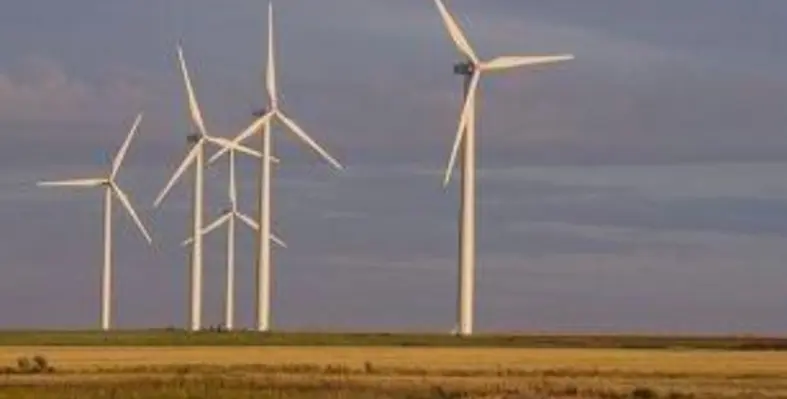US president Barack Obamas multi-billion dollar project Power Africa will comprise solar and wind installations in six sub-Saharan countries to increase access to electricity
Two-thirds of 800mn people in sub-Saharan Africa have no access to electricity.
Andrew Herscowitz, coordinator of Power Africa, said, “Power infrastructure in sub-Saharan Africa suffers from massive degrees of under-investment as compared to the developed world."
Power Africa, which was announced last summer, is coordinating efforts on six countries- Ethiopia, Ghana, Kenya, Liberia, Nigeria, and Tanzania to add 10 gigawatts of electricity generation capacity. This is meant to increase electricity access by at least 20 mn households in the next five years. Wind farms in Kenya and Tanzania, and a solar project in Tanzania are among the first few projects earmarked.
Based on findings by the International Energy Agency, sub-Saharan Africa needs more than US$300bn to achieve universal electricity access by 2030. The six countries shortlisted for Power Africa have averaged a combined investment of just over US$3bn a year in their electricity infrastructure, according to statistics by the World Bank.
However, the US electric power industry, in 2012, recorded capital spending of US$90.5bn, according to the Edison Electric Institute. The White House stated that the Obama administration will provide more than US$7bn in financial support and loan guarantees, as well as the support and expertise of 12 US government agencies. Private investors have agreed to contribute more than US$14bn in loans, loan guarantees, and equity investment.
Power Africa is being projected as a new model of foreign aid by fostering collaborations between US government agencies and corporations. “We’re taking all our tools and working together on common goals,” said Herscowitz. For example, Tanzania’s standard power purchasing agreement was for 15 years, but in order to obtain financing, one solar power deal needed a 20-year agreement. Power Africa helped convince the government to make a 25-year deal, claims Herscowitz.
The initiative is also rooting for financial transactions to push key reforms to stimulate private sector investments in these six countries.












